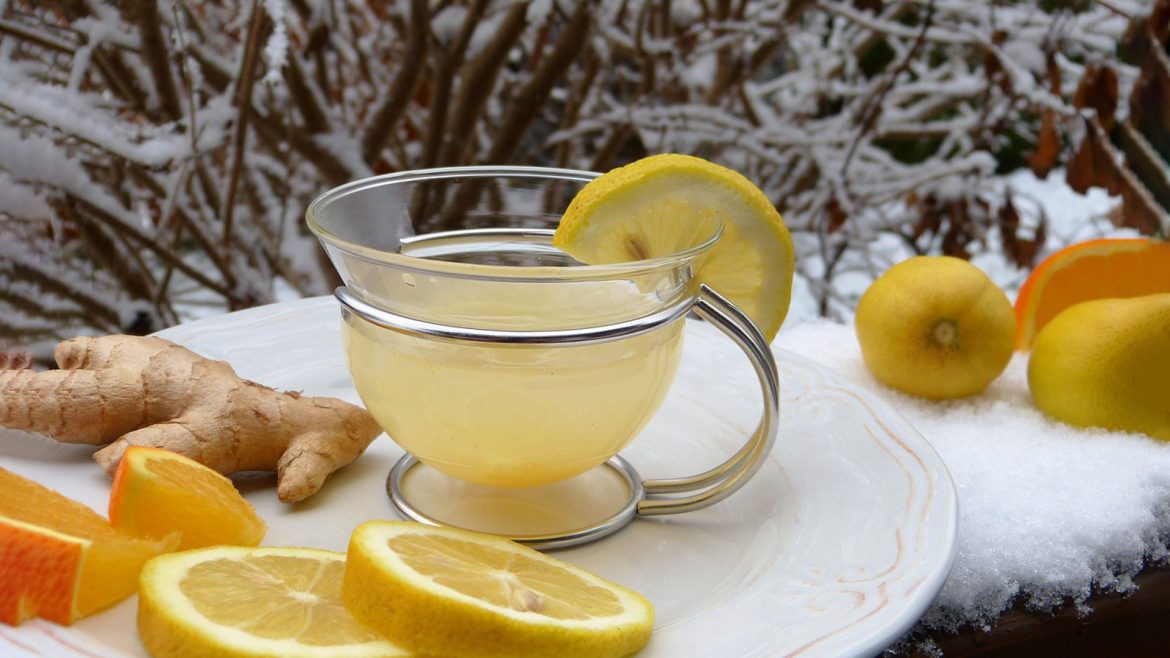In the quest for natural health solutions, herbal remedies have stood the test of time. From ancient civilizations to modern wellness practices, herbs have been used to treat a wide array of common ailments. These natural remedies offer a gentler alternative to pharmaceutical treatments and are often rich in nutrients and beneficial compounds. Here’s a look at some effective herbal remedies for common ailments and how they can enhance your well-being.
1. Ginger: Combatting Nausea and Digestive Issues
Ginger is renowned for its powerful anti-nausea properties and digestive benefits. It is commonly used to alleviate motion sickness, morning sickness during pregnancy, and general nausea. Ginger contains compounds called gingerols and shogaols that help soothe the stomach and improve digestion. You can consume ginger as a tea, in capsule form, or by adding it to meals. It also has anti-inflammatory and antioxidant properties, making it a versatile remedy for digestive discomfort.
2. Peppermint: Easing Headaches and Digestive Discomfort
Peppermint is a popular herb known for its soothing effects on the digestive system and its ability to relieve headaches. The menthol in peppermint helps relax the muscles of the gastrointestinal tract, reducing symptoms of bloating, gas, and indigestion. For headaches, inhaling peppermint oil or applying it to the temples can provide relief by improving blood flow and reducing tension. Peppermint tea or capsules are also effective options for digestive issues.
3. Echinacea: Strengthening the Immune System
Echinacea is widely used to boost the immune system and help prevent or shorten the duration of colds and flu. This herb contains compounds that stimulate immune function and have anti-inflammatory properties. Echinacea is available in various forms, including teas, tinctures, and capsules. Regular use, especially during cold and flu season, can support your body’s natural defenses and help you stay healthy.
4. Chamomile: Promoting Relaxation and Sleep
Chamomile is celebrated for its calming effects and ability to promote relaxation and sleep. It contains antioxidants and compounds like apigenin that help soothe the nervous system and reduce anxiety. Drinking chamomile tea before bedtime can help improve sleep quality and ease insomnia. Chamomile can also be used to relieve digestive discomfort and reduce inflammation.
5. Turmeric: Fighting Inflammation and Pain
Turmeric, a bright yellow spice commonly used in Indian cuisine, is renowned for its anti-inflammatory and antioxidant properties. The active compound in turmeric, curcumin, has been shown to reduce inflammation and alleviate pain, making it a valuable remedy for conditions like arthritis and muscle soreness. Turmeric can be consumed in its powdered form, as a supplement, or in the form of turmeric tea or golden milk.
6. Lavender: Relieving Stress and Anxiety
Lavender is well-known for its calming and soothing properties, making it an effective remedy for stress and anxiety. The scent of lavender has been shown to reduce anxiety levels and promote relaxation. You can use lavender essential oil in aromatherapy, add a few drops to a diffuser, or use it in a calming bath. Lavender tea can also be a soothing way to reduce stress and promote a sense of calm.
7. Aloe Vera: Healing Skin Irritations and Burns
Aloe vera is a versatile plant known for its healing properties, particularly for skin irritations and burns. The gel from aloe vera leaves contains vitamins, minerals, and enzymes that promote skin healing and reduce inflammation. Applying fresh aloe vera gel to minor burns, cuts, and insect bites can help soothe the skin and accelerate healing. Aloe vera juice is also consumed for its digestive benefits and can support overall gut health.
8. Garlic: Supporting Cardiovascular Health and Immune Function
Garlic is a powerful herb with a long history of use for its health benefits. It contains allicin, a compound known for its antimicrobial and anti-inflammatory properties. Garlic can help support cardiovascular health by reducing blood pressure and cholesterol levels. It also has immune-boosting effects and can help prevent infections. Incorporate garlic into your diet by adding it to dishes, or consider garlic supplements for a more concentrated dose.
9. Ginseng: Enhancing Energy and Reducing Fatigue
Ginseng is an adaptogenic herb that helps the body adapt to stress and enhances overall energy levels. It is commonly used to combat fatigue, improve mental clarity, and boost physical stamina. Ginseng contains compounds called ginsenosides that support energy metabolism and reduce fatigue. You can consume ginseng as a tea, in supplement form, or as an ingredient in energy-boosting herbal blends.
10. Lemon Balm: Easing Stress and Promoting Relaxation
Lemon balm, a member of the mint family, is known for its calming effects and ability to reduce stress and anxiety. It contains compounds that help relax the nervous system and improve mood. Lemon balm can be enjoyed as a tea, used in tinctures, or applied topically in skincare products to soothe skin irritations. Regular use can help promote relaxation and improve overall well-being.
Conclusion
Herbal remedies offer a natural and effective way to address common ailments and support overall health. By incorporating herbs like ginger, peppermint, and echinacea into your wellness routine, you can enhance your body’s ability to heal and maintain balance. While herbal remedies can be highly beneficial, it’s important to use them responsibly and consult with a healthcare provider, especially if you have underlying health conditions or are taking other medications. Embracing the power of herbs can complement your health regimen and contribute to a more holistic approach to well-being.

